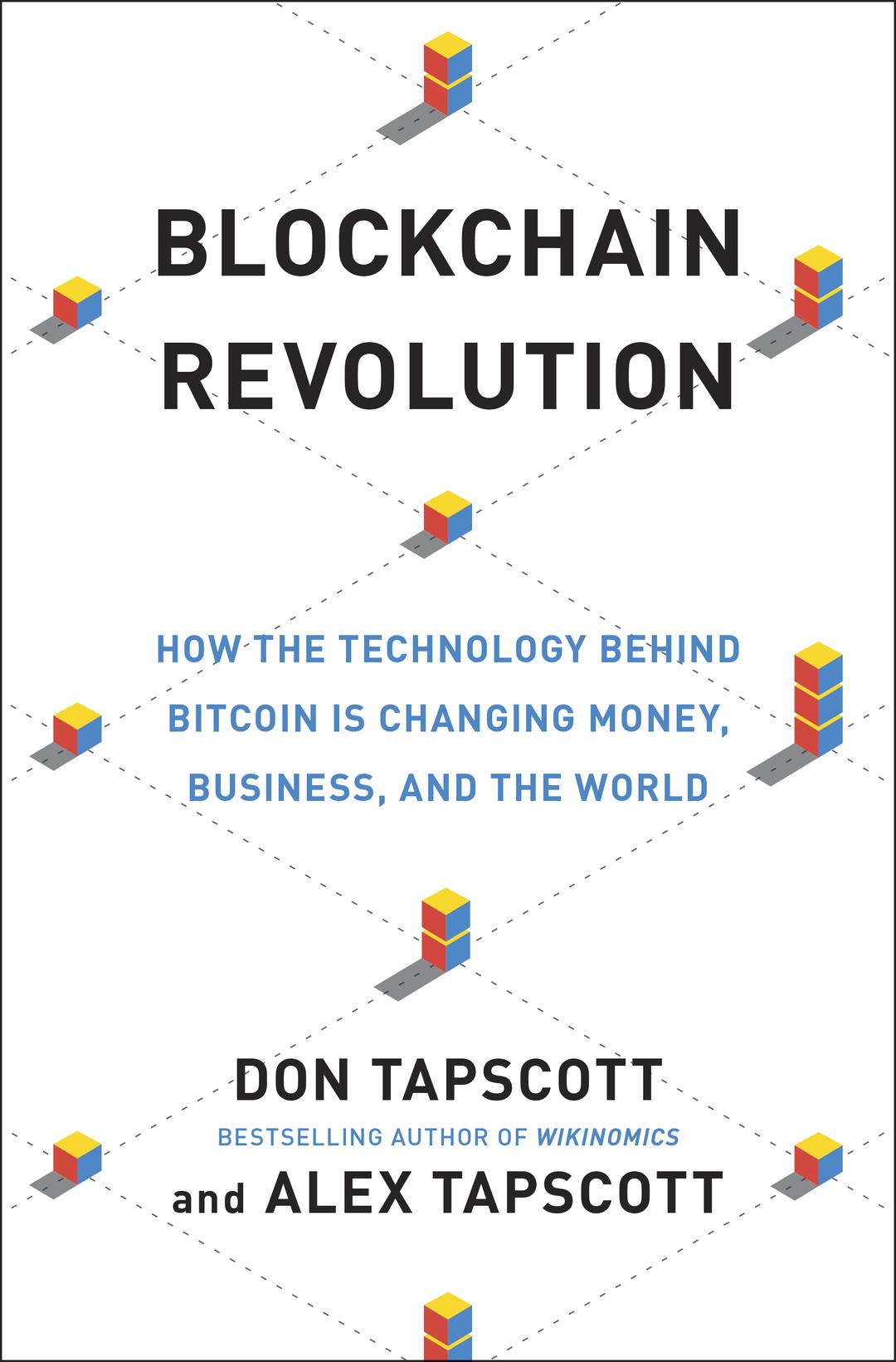Heard on “All Things Considered”, NPR’s Robert Siegel talks with Don Tapscott about how blockchain can transform online business.
They start by talking about blockchain, and how it stores value—money, titles, deeds—which can then be transferred or managed in a private and secure manner. Robert Siegel asks for a real-world example of blockchain, and Don talks about Anna Lee Domingo, a Filipino housekeeper who sends money to her mother every time she gets paid. She would go to a Western Union office, spend 5 hours a month doing this, and get charged 10-11 percent on every transaction. Don continues to say that, by instead using a tool called Abra, Anna gets to send her money more quickly with a much smaller fee.
Robert asks if we need these blockchain-powered transactions if we’re happy and confident with our current banks. Don says that while banks and intermediaries are doing a good job, there are other problems with using them for online business. One of these such problems is data—the data that we create but don’t get to keep, and is “often used to undermine privacy”.
Robert also asks if somebody owns blockchain. Don replies:
No, it’s open source. First of all, there are many blockchains. The bitcoin blockchain is the biggest. There’s one called Ethereum that uses a currency called Ether. And I was in London recently, and I was speaking to the Ethereum developers group. Ethereum has a whole suite of software development tools. And in that room were people creating companies to replace the stock market, to replace the audit function of corporations, to build a whole new model of identity so that we can each own our own identity rather than governments, big social media companies and others.
There was a company creating an alternative to Uber. And most of what Uber does can be replaced by what are called smart agents and smart contracts on a blockchain. And the drivers get all of the value. This technology is the single most important technology of our time because it enables us to collaborate together in the world as peers. And through that, maybe we can create a new kind of environment for the better.

